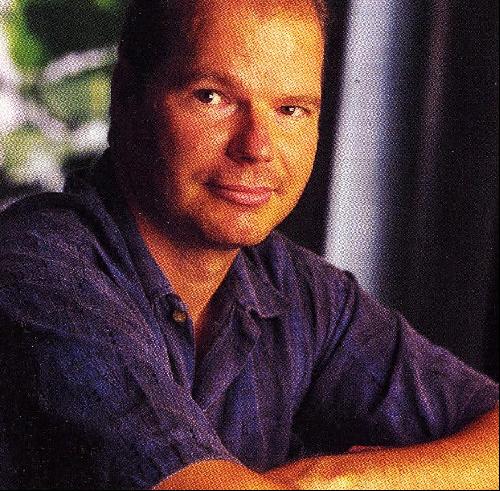The Europeans and Americans thus find themselves in an unlikely coalition with 79 Asian, African and Latin American countries -- constituting a majority of countries present in Paris -- arrayed against most of the BRICS. Some crafty and secret diplomacy led to a limited alliance of history's biggest polluters with climate change's biggest losers against countries looking to replace the Western bloc as economic hegemons.
The Necessity for Mass
Action in and After Paris
The Hollande government used the pretext of the Paris terror attacks of November 13 to ban mass demonstrations planned for the climate talks. On November 28-29, hundreds of thousands of us took part in marches, rallies and other events around the world to send a strong message on the eve of the climate summit, and to show that we were deterred neither by terrorists nor by attempts to silence us. On Wednesday of this week, hundreds of campaigners stormed the Paris COP, marching down the main hallway, to protest the draft agreement and demand climate justice. Voices neglected by the official negotiators -- especially women and indigenous people --were loud and clear. GAIA took over a municipal conference trying to rebuild a waste incinerator in Paris. Chances are there will be more such productive interventions before the talks wrap up; an agreement was supposed to be sealed by Friday but negotiations may extend into the weekend.
Again, climate justice activists are sure to be disappointed by the final text. It will not go far enough fast enough. It will ignore vital concerns and downplay essential principles. But whatever emerges from Paris ought to be seen as but one small, imperfect step towards climate justice. Giant leaps are necessary, and it will take the redoubled efforts of vibrant climate justice groups to enable them. Despite disappointment, activists gathering alongside the COPs and similar events -- both onsite and remotely -- helps build the movements. Groups and organizers improve communications within and across borders, share strategies, tactics and experiences, advance new concepts, enhance movement culture, and plan next steps.
The next steps in the United States take the form of any number of exciting and valuable campaigns. Fossil fuel divestment efforts are increasingly successful and significant. There's resistance to pipelines and other new fossil fuel infrastructure across the country. The anti-fracking movement has not let up. The "keep it in the ground" folks recently caused the Obama administration to cancel a planned oil lease. Anti-nuclear activism remains as central as ever. Peace Action calls for redirection of ten percent of global military expenditures to climate protection. Zero waste groups press for alternatives to trashing the planet. The prospects for climate justice advocates to more firmly join forces with other movements, especially labor, peace, women's, and indigenous rights are better than ever.
Whatever problems people care about, climate pollution is sure to make them worse. Connect your issue to the climate justice caravan. It'll be the ride of your life.
Steve Breyman works with 100%RenewableNowNYS.
(Note: You can view every article as one long page if you sign up as an Advocate Member, or higher).





